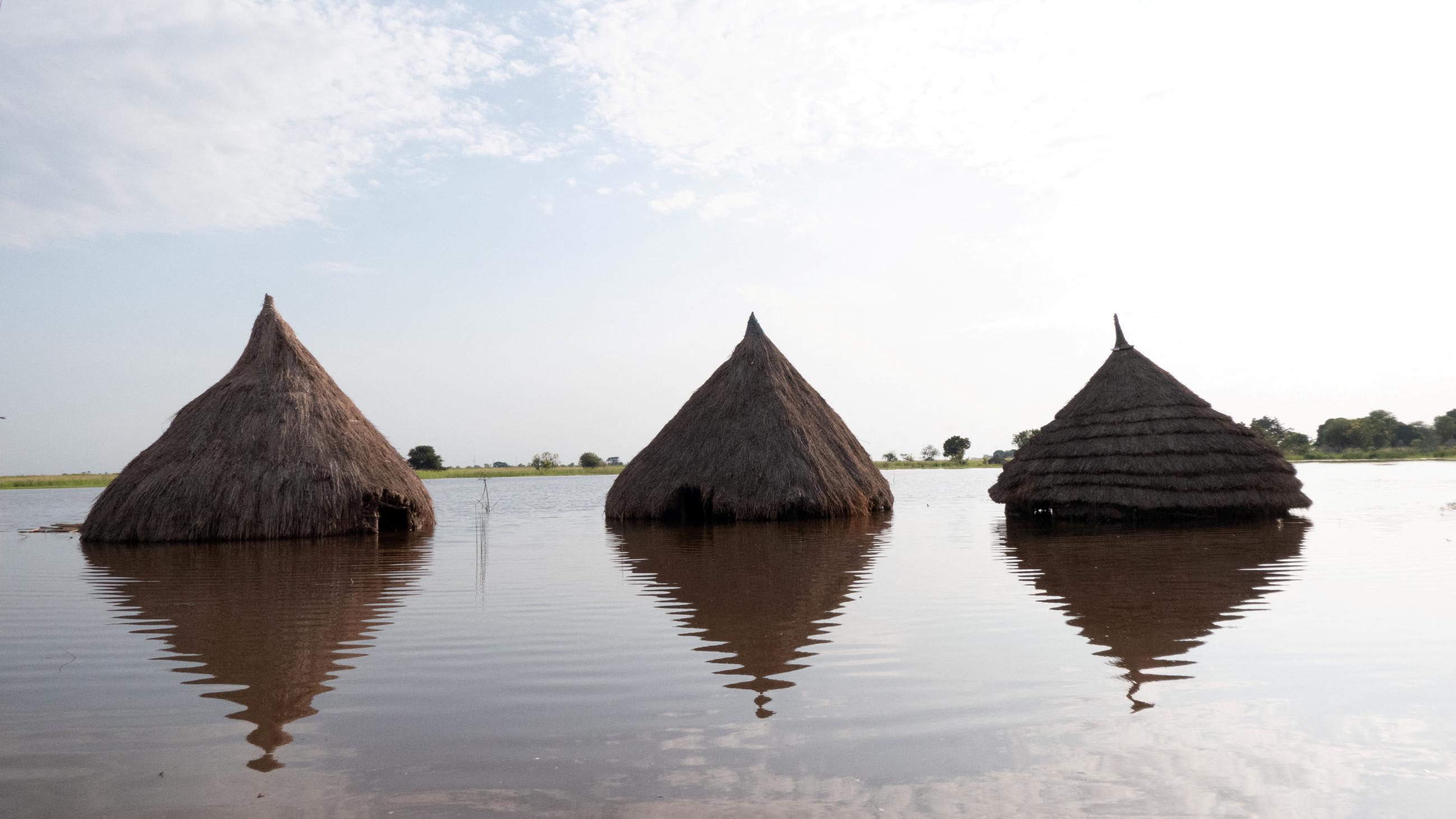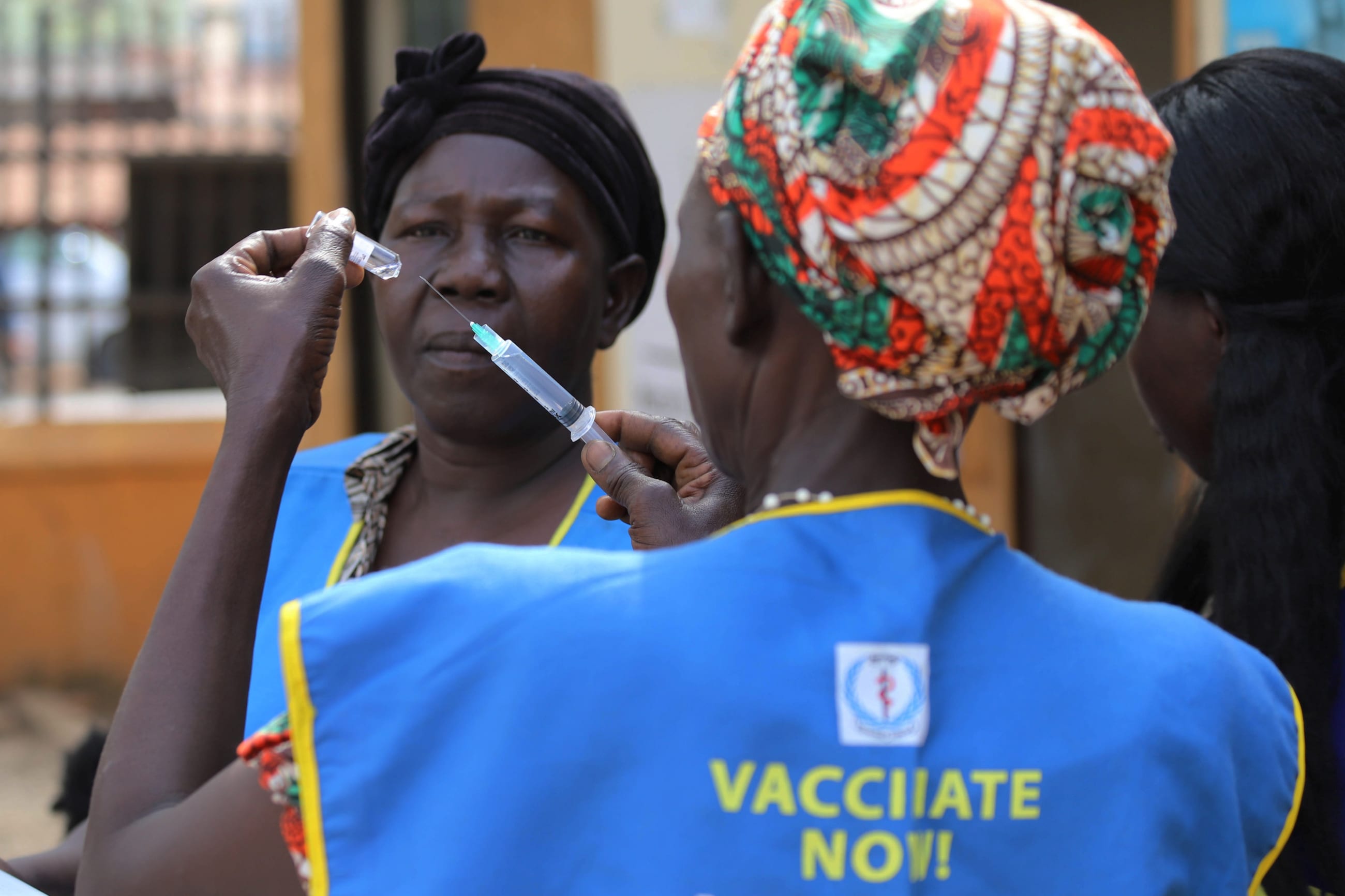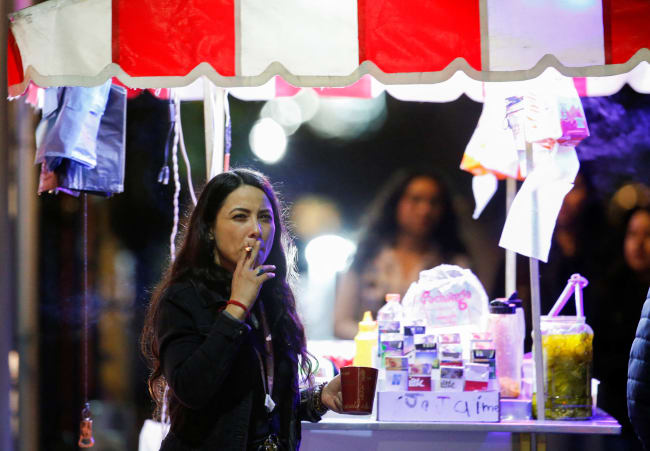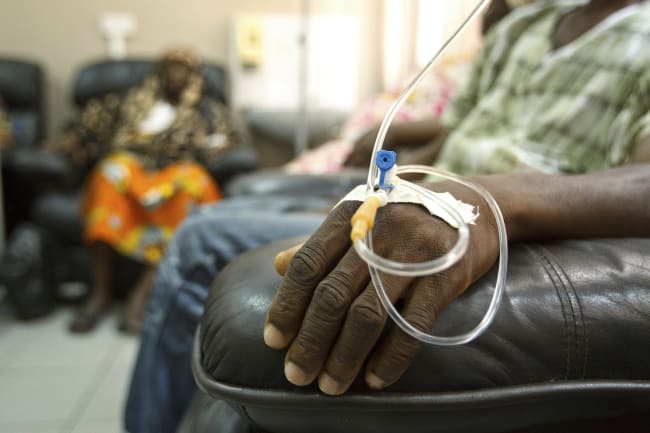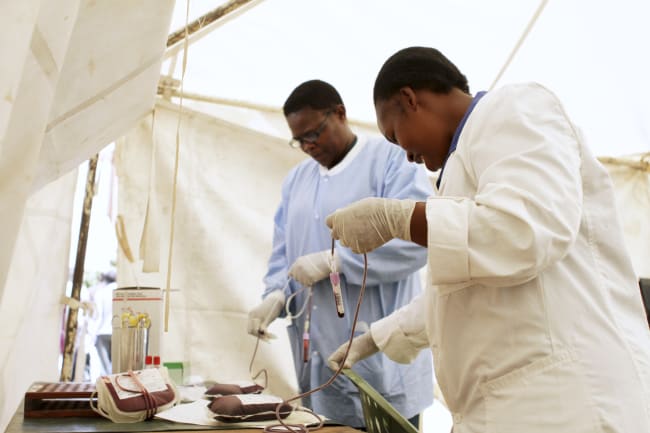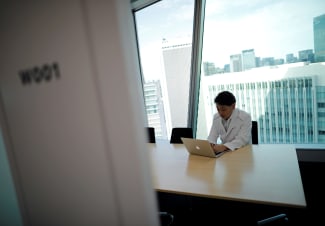I am a doctor in Paguir, a hard-to-reach community in northern South Sudan. My country has been hit hard by conflict, climate change, and poverty. Extreme flooding has displaced 854,000 people this year, and more than six million people are facing a serious hunger crisis.
My organization is helping the government respond to these challenges and administer COVID-19 vaccines. At first, misinformation was everywhere. People feared blood clots, infertility, and death from the shot. Last spring, the government of South Sudan returned 72,000 COVID-19 vaccines, concerned that they would expire before we could find enough people willing to take them. It takes time and effort to build trust. I know: I am the first doctor Paguir has ever had.
When I first arrived in this region two years ago, people didn't trust the medicines I prescribed. But slowly, they saw that those medicines could save lives. They saw malnourished children fully recover their health. Now, they know they can turn to us for help and quality health care.
My team planned to vaccinate 4,000 people, but only received 545 doses
For months, community mobilizers have been building on this trust and working with religious leaders and village chiefs, going door-to-door, community-to-community, to change hearts and minds about the COVID-19 shot. My colleagues have been distributing educational materials, shouting messages from loudspeakers on trucks, and placing ads on the radio and Facebook. It's working—so successfully that even I have been surprised.
Maker Dak Deng, a health worker, refused the COVID-19 vaccine when it was offered to him a few months ago. Then he listened to community mobilizers, saw others get the shot safely, and recognized that he needed the vaccine to help protect himself and his community and to do his job effectively. He showed up for the shot when our clinic opened in October. He wasn't the only one. Hundreds joined him. Now, we have another major problem: the demand is now here, but the supply is not.
My team planned to vaccinate 4,000 people, but only received 545 doses. People lined up for hours after coming through the flood waters, but we had to turn more than half of them away.
Simon Bap, a village chief in Paguir, traveled five hours each way by canoe to get the shot. Many others sold cattle and precious belongings to afford the long journey to our vaccine clinics. We didn't have a dose for Simon, or hundreds of others, including my own health center staff. We had expected to administer vaccines in three different areas, but only had enough shots to open two clinics. I fear many people won't have the resources to return for another chance at immunity.
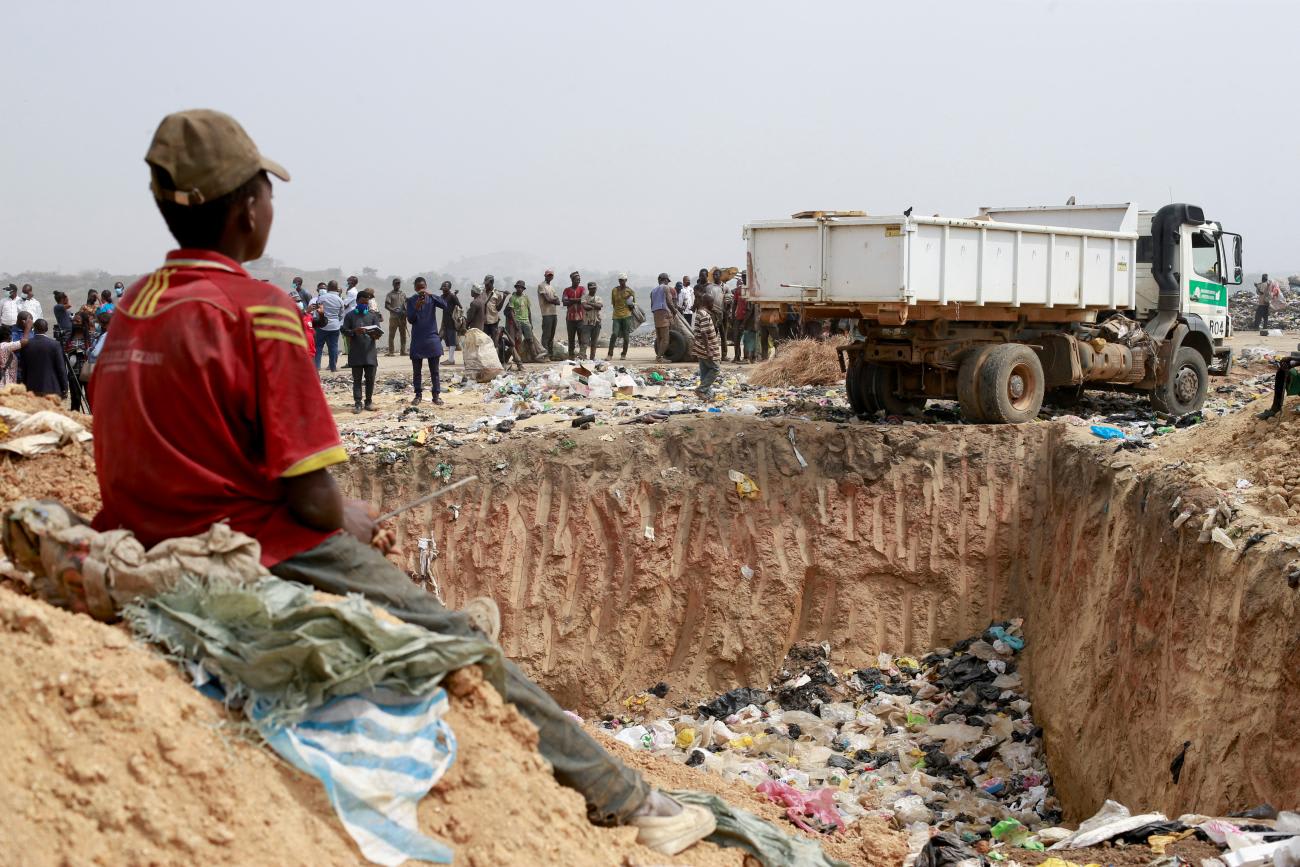
I hear from my colleagues that other places are seeing similarly high demand for the COVID-19 vaccine. A survey in fifteen African countries by the Africa Center for Disease Control found that 80 percent of respondents would take a COVID-19 vaccine if it were safe and effective. Once equipped with reliable information and trust in providers, people overcome skepticism and not only accept the vaccine, but go to great lengths to get it—if they can.
South Sudan is not alone when it comes to a severe shortage of COVID-19 vaccines. In Africa, just 7 percent of people have been fully vaccinated, compared to more than 85 percent in countries such as Portugal and Chile. Simon told us that his people are ready to be vaccinated, and he trusts that someday everyone will have access to the vaccine. At this time, those vaccines need to come from the global community.
As the rapid spread of omicron shows, the COVID-19 pandemic is far from over. Equitable global vaccine access must be a top priority. We urge world leaders, vaccine manufacturers, and philanthropists to send more shots to South Sudan, prioritizing both vaccine supply and logistics support so that clinics are fully stocked. Where I'm based, the Johnson & Johnson shot is the one people want most–the one dose makes it easier for everyone, particularly for people in flood zones where traveling is difficult. My teams and our partners are ready to administer as many vaccines as we can get. We have the people and the infrastructure to keep them cold and to transport them on foot, via canoe, or by whatever means necessary.
There is no vaccine for most of the immense challenges my country faces—no single dose to solve poverty, conflict, or climate change. But, we do have a shot to protect ourselves from the COVID-19 virus, and we deserve the same opportunity for immunity as the rest of the world. The question now is: will the world step up to provide as many vaccines as we need?
